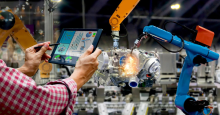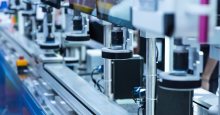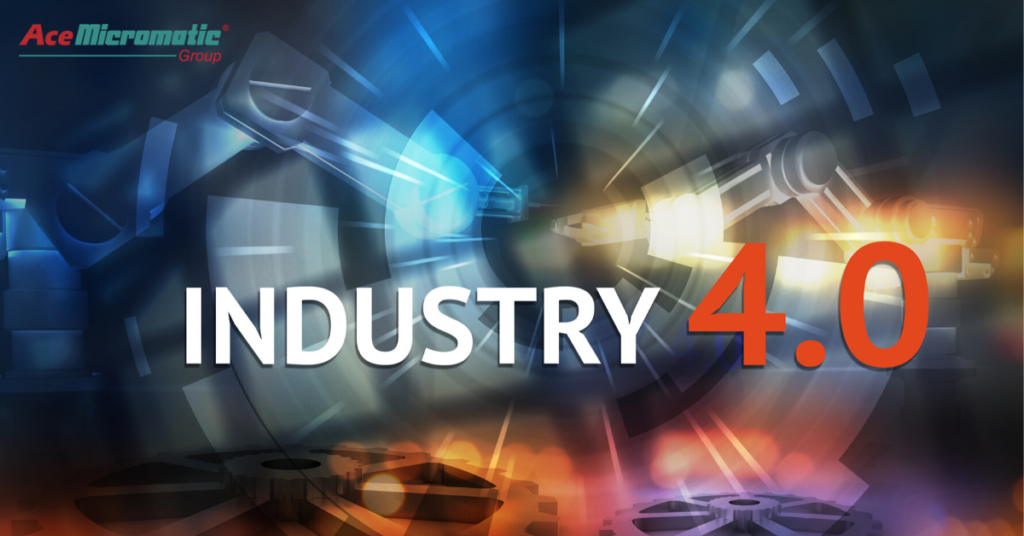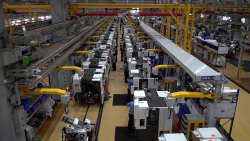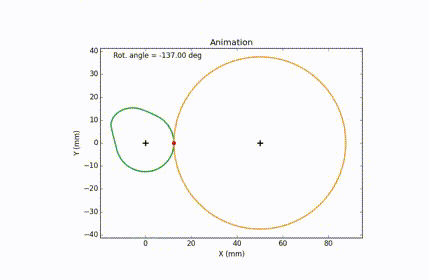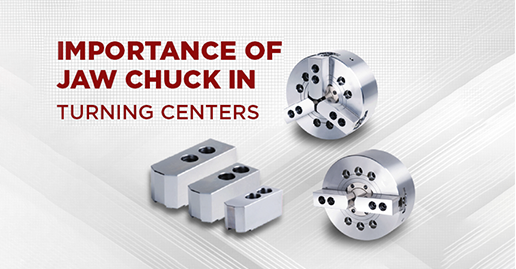Industrial revolutions in the past brought massive changes in the way manufacturing takes place. After three major industrial revolutions that changed the scene of manufacturing, the fourth one has arrived and has the potential to intensify the manufacturing process even further. Companies today are leveraging concepts such as IoT, AI, and machine learning to augment and enhance manufacturing.
Machining operations are impactful to manufacturing and today as part of Industry 4.0 they have become more advanced with the involvement of robots and other automated processes.
It has been predicted that, in the future, connected processes are going to completely take over conventional machines or will be synched with legacy systems to ensure the accessibility of massive streams of data. The data collected from these systems will be assessed to improve on current operations or even to create new and more efficient processes.
Eventually, Industry 4.0 will lead to limited human interference on shop floors and other areas in the manufacturing setup.
In general, there are five major influences that industry 4.0 and Internet of Things (IoT) will have on machine tools:
- Preventive Maintenance
Industry 4.0 introduces an entirely new opportunity in the form of preventive maintenance. With a robust stream of performance and real-time data, maintenance crews can prepare better for equipment malfunctions or errors. Budding issues can be detected early and dealt with before regular operations grind to a halt.
- Energy and Operational Savings
Incoming data collected by IoT sensors and platforms can be used to inform operations better. Smart meters can be put in place to manage the flow of energy efficiently. Equipment can be automated or powered appropriately to lower their environmental and resource impact.
- Enhanced or Automatic Virtual Metrology
Quality assurance plays a significant role in the manufacturing field and has a lot more to do with the machines and equipment in use than one might think. Manufacturers always have a quality assurance process in place to inspect goods or components for defects or minor errors. The problem with many of these processes, however, is that they can cause delays in production. They’re not always carried out regularly, which leads to many products being pushed through in less than ideal conditions.
Industry 4.0 and other technologies will transform this process completely by introducing real-time QA through something called Automated Virtual Metrology (AVM) system. Essentially, data is collected about the conditions, quality, and state of goods, and this is combined with information about the machines and processes. It gives a complete profile of operations and introduces a real-time element to QA inspections.
- Better Human-Machine Interfaces
Machine shops or factory floors in the future will be extremely efficient as humans, machines and robots will be working side-by-side in a smooth and safe environment. To get there, however, human-enabled interfaces must be vastly improved. Technicians will be able to remotely operate equipment and deliver commands on the fly. Reporting systems will provide real-time alerts and insights to operators, no matter where they are.
- New Machining Centers
Manufacturing facilities and machine shops will need to be rezoned to implement these new connectivity solutions. How do you move equipment and retool spaces, for instance, to maximize signal strength? Will signal boosters and stronger network tools need to be put in place to reach certain areas of a facility? What equipment must be upgraded entirely, and what can be improved by syncing up IoT and third-party sensors?
While it’s happening, it makes sense to consider the efficiency and productivity of the location, in general. What other improvements can be made to lessen energy use or resource usage? Are there more efficient ways to distribute equipment? Can productivity be improved by shifting designs or layouts?
Where machines aren’t upgraded entirely, it’s possible to implement IoT sensors and similar devices to gather the necessary data and streamline metrics. It’s not just about being more informed — it’s just as important to introduce smarter controls. Smart and connected equipment services this idea by offering remote functionality and networking support.
Ultimately, the average manufacturing facility or shop will be changed irrevocably by the rollout of Industry 4.0.

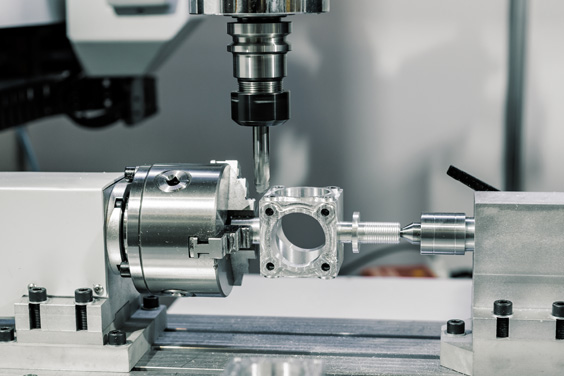


 India
India
 China
China
 Europe
Europe


